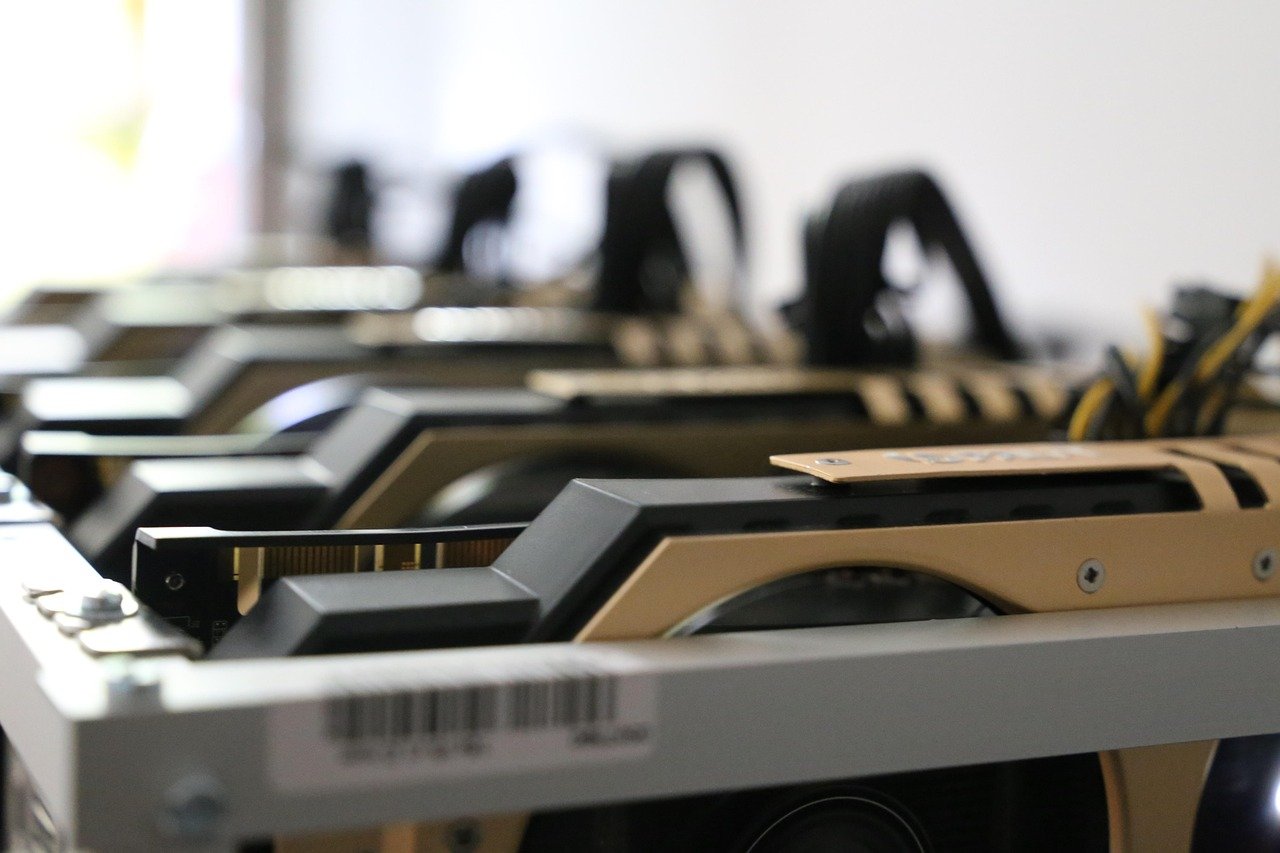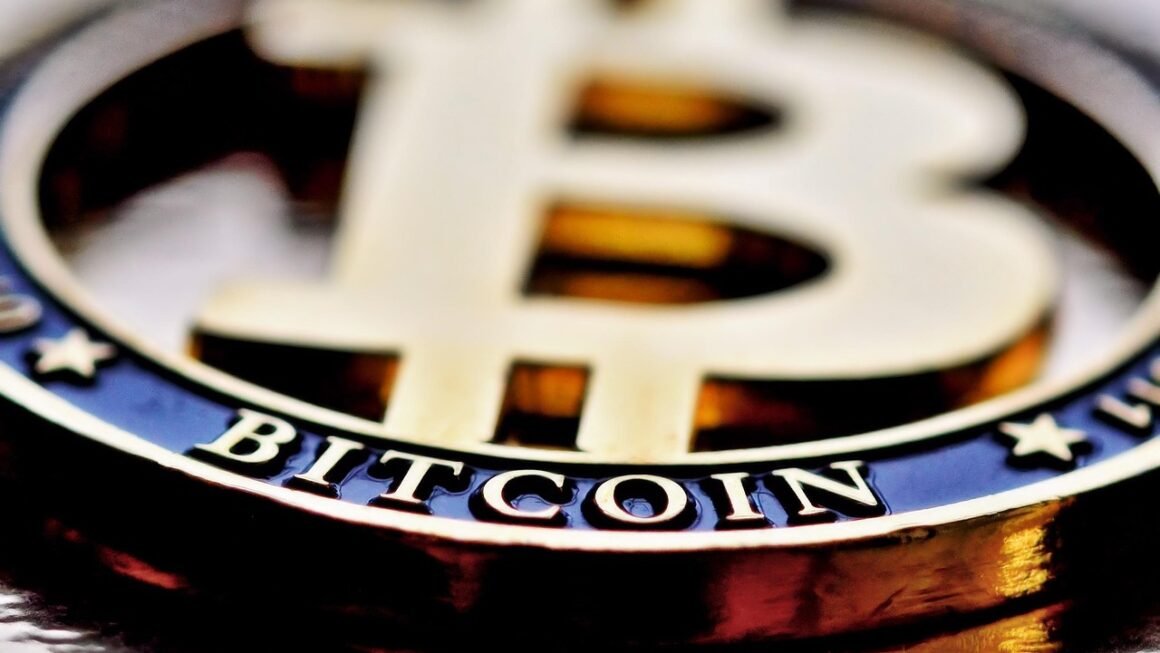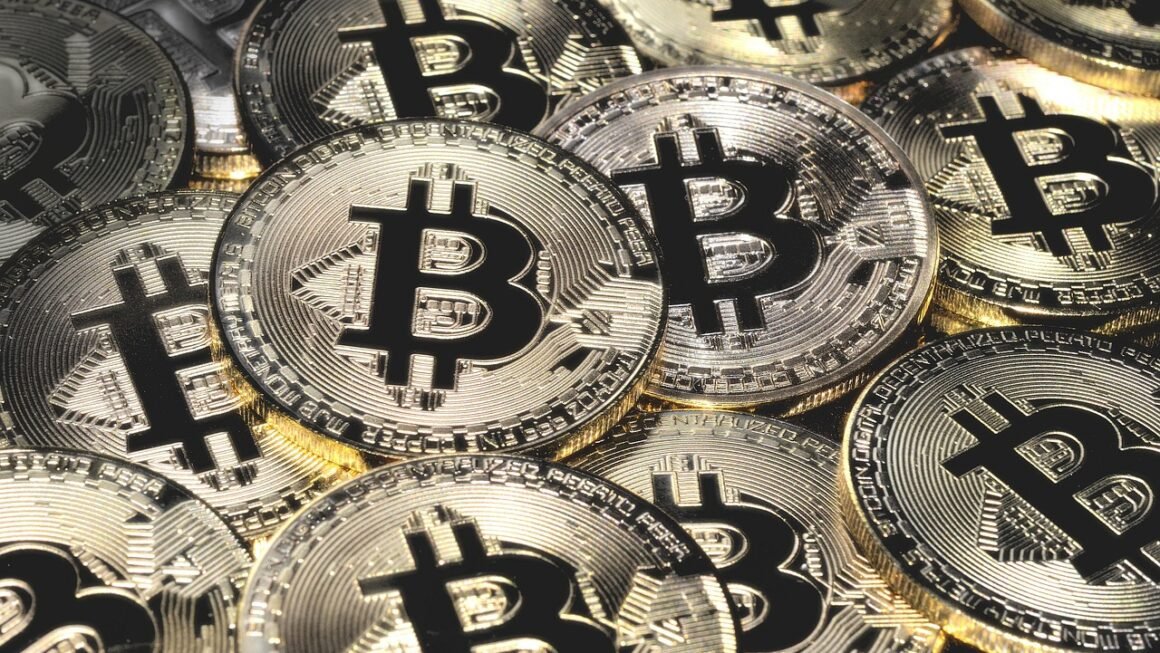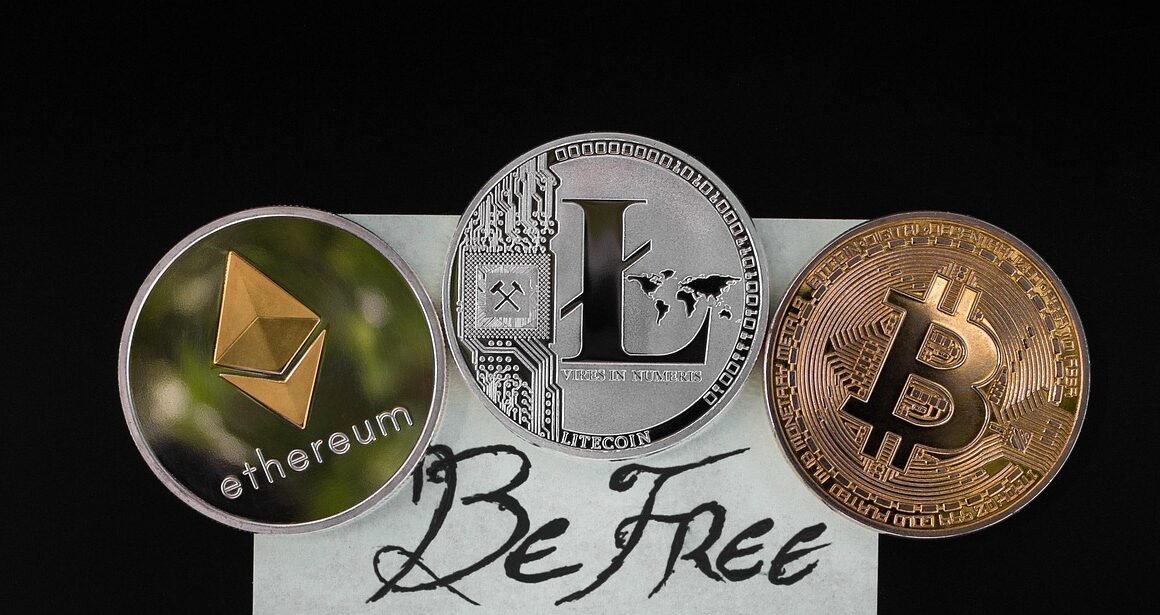Decentralized Autonomous Organizations (DAOs) are revolutionizing how communities, businesses, and even governments are structured and operated. Imagine an organization governed not by a central authority, but by a set of rules encoded in a transparent computer program, and where every member has a voice. This is the promise of DAOs, and this blog post will delve deep into understanding their mechanics, benefits, challenges, and potential future impacts.
What is a Decentralized Autonomous Organization (DAO)?
Defining Decentralization and Autonomy
A Decentralized Autonomous Organization (DAO) is essentially an internet-native entity with membership that is distributed and where the governance is executed through rules encoded on a blockchain. Let’s break down what each component entails:
- Decentralized: Decision-making power is distributed among members, rather than residing with a single individual or small group.
- Autonomous: The organization operates according to a set of pre-defined rules encoded in smart contracts, automating processes and reducing the need for human intervention in routine tasks.
- Organization: It’s a group of individuals with a shared goal, incentivized to work together toward a common objective.
The Role of Smart Contracts
Smart contracts are the backbone of any DAO. These self-executing contracts, deployed on a blockchain like Ethereum, contain the organization’s rules and protocols. They automate tasks such as:
- Voting on proposals: When a proposal reaches a certain threshold of support, the smart contract automatically executes the outcome.
- Distributing funds: Revenue generated by the DAO can be automatically distributed to members based on predefined criteria.
- Managing membership: Smart contracts can control who has voting rights and access to the DAO’s resources.
- Example: Imagine a DAO that manages a decentralized venture fund. Investors contribute funds, and the DAO votes on which projects to invest in. Once a project is approved, the smart contract automatically releases the funds. Any profits are then distributed proportionally to the investors based on their initial contributions, all without the need for a central fund manager.
Benefits of DAOs
Transparency and Trust
One of the most significant advantages of DAOs is their unparalleled transparency. Because the organization’s rules and operations are encoded on a public blockchain, anyone can verify how the DAO functions. This fosters trust among members and reduces the risk of fraud or corruption.
- Auditability: All transactions and decisions are recorded on the blockchain and can be easily audited.
- Open Governance: Members have access to information and can participate in decision-making processes.
- Reduced Corruption: The immutability of the blockchain reduces the potential for manipulation or abuse of power.
Enhanced Efficiency
DAOs can automate many of the administrative tasks that traditionally require human intervention, leading to increased efficiency and reduced overhead.
- Automated Payments: Payments to members or vendors can be automated based on pre-defined criteria.
- Streamlined Decision-Making: Voting and proposal processes can be streamlined through smart contracts.
- Reduced Bureaucracy: The decentralized nature of DAOs reduces the need for layers of management and bureaucracy.
Increased Member Engagement
By giving members a direct say in the organization’s operations, DAOs can foster a sense of ownership and engagement.
- Democratic Governance: Members have voting rights and can participate in shaping the direction of the organization.
- Incentive Alignment: Members are incentivized to contribute to the success of the DAO because they directly benefit from its growth.
- Community Building: DAOs can create strong communities around shared goals and values.
Global Collaboration
DAOs transcend geographical boundaries, allowing individuals from all over the world to collaborate and contribute to shared projects.
- Borderless Membership: Anyone with an internet connection can join a DAO, regardless of their location.
- Diverse Perspectives: DAOs can bring together individuals with diverse backgrounds and skillsets, fostering innovation and creativity.
- Access to Global Talent: DAOs can tap into a global pool of talent, accessing skills and expertise that may not be available locally.
Challenges and Risks
Security Vulnerabilities
Smart contracts, while powerful, are not immune to security vulnerabilities. Bugs in the code can be exploited by hackers, potentially leading to the loss of funds or the disruption of the DAO’s operations. The DAO hack in 2016, which resulted in the theft of $60 million worth of Ether, serves as a stark reminder of the risks involved.
- Code Audits: Thorough code audits by experienced security professionals are essential to identify and address potential vulnerabilities.
- Bug Bounty Programs: Offering rewards for reporting bugs can incentivize ethical hackers to help improve the security of the DAO.
- Formal Verification: Using formal verification techniques to mathematically prove the correctness of smart contract code can reduce the risk of errors.
Legal and Regulatory Uncertainty
The legal and regulatory landscape surrounding DAOs is still evolving. It is often unclear how existing laws apply to these novel organizations, creating uncertainty for both members and regulators.
- Entity Classification: Determining the legal status of a DAO (e.g., partnership, corporation, or something else) can be challenging.
- Liability Issues: It can be difficult to determine who is liable for the actions of a DAO.
- Regulatory Compliance: DAOs must comply with relevant laws and regulations, which can vary depending on the jurisdiction.
Governance Complexity
Designing effective governance mechanisms for DAOs can be challenging. It is important to strike a balance between decentralization and efficiency, ensuring that decisions are made in a timely and effective manner.
- Voting Mechanisms: Different voting mechanisms (e.g., token-weighted voting, quadratic voting) have different strengths and weaknesses.
- Quorum Requirements: Setting appropriate quorum requirements is essential to ensure that decisions are made by a representative sample of members.
- Delegation: Allowing members to delegate their voting power to others can improve participation and expertise in decision-making.
Scalability Limitations
As DAOs grow in size and complexity, they can face scalability challenges. Processing transactions and managing a large number of members can strain the blockchain network and reduce efficiency.
- Layer-2 Solutions: Using layer-2 scaling solutions can improve the transaction throughput and reduce fees for DAO operations.
- Off-Chain Governance: Implementing off-chain governance mechanisms can reduce the burden on the blockchain network.
- Modular Design: Designing DAOs with a modular architecture can improve scalability and maintainability.
Examples of DAOs in Action
MakerDAO
MakerDAO is one of the most well-known and successful DAOs in the cryptocurrency space. It governs the Dai stablecoin, which is pegged to the US dollar. MKR token holders vote on proposals related to the stability and governance of the Dai ecosystem.
- Function: Manages the stability and governance of the Dai stablecoin.
- Governance: MKR token holders vote on proposals related to risk parameters, stability fees, and other key aspects of the Dai ecosystem.
- Impact: Has played a significant role in the growth of the decentralized finance (DeFi) ecosystem.
Uniswap
Uniswap is a decentralized exchange (DEX) that allows users to trade cryptocurrencies without the need for a central intermediary. The Uniswap DAO governs the protocol’s development and future direction.
- Function: Governs the development and future direction of the Uniswap decentralized exchange.
- Governance: UNI token holders vote on proposals related to protocol upgrades, fee structures, and other key aspects of the Uniswap ecosystem.
- Impact: Has become one of the most popular DEXs in the cryptocurrency space.
ConstitutionDAO
ConstitutionDAO was a crowdfunded effort to bid on a rare copy of the US Constitution at a Sotheby’s auction. Although the DAO ultimately failed to win the auction, it demonstrated the power of DAOs to mobilize large groups of people around a common cause.
- Function: Attempted to purchase a rare copy of the US Constitution at auction.
- Governance: Members of the DAO voted on key decisions, such as the maximum bid amount.
- Impact:* Showcased the potential of DAOs to mobilize large groups of people around a common cause, although its failure highlighted the challenges of coordinating complex actions on a short timeline.
Conclusion
DAOs represent a paradigm shift in how organizations are structured and operated, offering benefits such as transparency, efficiency, and increased member engagement. While challenges like security vulnerabilities and legal uncertainty remain, the potential for DAOs to revolutionize various industries is undeniable. As the technology matures and regulatory frameworks become clearer, DAOs are poised to become an increasingly important part of the future of work and governance. The key takeaway is to approach DAOs with cautious optimism, understanding both their immense potential and the inherent risks. Continuous learning and adaptation are essential to navigating this evolving landscape.



